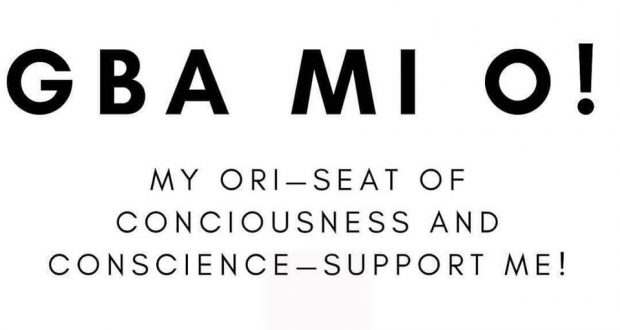Many people have a wrong idea about what it means to make sacrifices to the Òrìṣà. They think that seeking blessings from there Òrìṣà will somehow bring trouble, repercussions, or demand a higher price later on.
This misconception comes from the influence of Abrahamic religions, propagated by the Yoruba movie industry, which has instilled suspicion and fear in people. For example, there is a common saying: “Tí Èsù bá fún ẹ ní fìlà, á fi gba odidi orí,” meaning, “If Esu gives you a cap, he will take your head.” This saying has led people to believe Esu and other Òrìṣà figures in Yoruba traditions are deceitful and harmful. However, this view is based on a misunderstanding. Èsù is not Satan or evil; he represents balance and justice in Yoruba tradition.
These misunderstandings drive unnecessary fear and lead people away from their roots. In reality, honoring the Òrìṣà and making offerings is about respect, gratitude, and connecting with divine guidance, not curses or harm.
It’s time to change this narrative and recognize the Òrìṣà as sources of wisdom and protection. Isese is not evil, the Òrìṣà are not demonic, and Esu is not Satan. Let’s honour the powerful and positive role they play in our heritage.
 Ọmọ Oòduà Naija Gist | News From Nigeria | Entertainment gist Nigeria|Networking|News.. Visit for Nigeria breaking news , Nigerian Movies , Naija music , Jobs In Nigeria , Naija News , Nollywood, Gist and more
Ọmọ Oòduà Naija Gist | News From Nigeria | Entertainment gist Nigeria|Networking|News.. Visit for Nigeria breaking news , Nigerian Movies , Naija music , Jobs In Nigeria , Naija News , Nollywood, Gist and more









